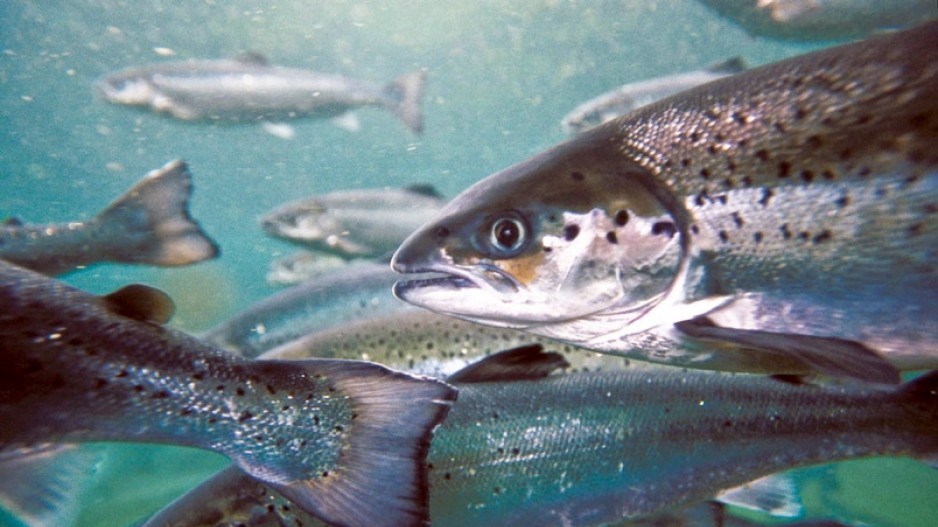Seven of the top 10 most sustainable protein producing publicly traded companies in the world are salmon farmers, including two of the biggest operators in B.C. – Norway's Mowi (OSL:MOWI) and Grieg Seafood (OSL:GSF).
Mowi, in fact, earned the top spot, according to the sixth annual Coller FAIRR index.
Coller Capital is a U.K. based private equity firm. In 2018, to assess investor risk for food production, Coller created an ESG measuring index called the FAIRR index (Farm Animal Investment Risk and Return) -- an investor network that analyzes 60 of the world’s top publicly listed animal protein producers.
The index grades the companies according to 10 metrics, including greenhouse gas emissions, water use, pollution, antibiotics use, deforestation and food safety.
This year’s index starts out by slamming the meat and dairy industry for its increasing greenhouse gas emissions.
“With intensive agriculture creating more greenhouse gas emissions than every car, airplane, train, truck and ship on the planet put together, we’ve long known that humanity can’t fix climate change without fixing the way we feed the world,” Jeremy Coller says in the report’s introduction.
“So it’s extremely disappointing that the sixth annual FAIRR Protein Producer Index shows that the opposite is happening. Among the 20 largest listed meat and dairy firms, disclosed emissions are still rising year-on-year.”
This year’s report puts Mowi in the top spot, with Grieg Seafood third. Canada’s Maple Leaf Foods (TSX:MFI) comes in at 13 on the index. Mowi and Greig are two of the largest salmon farmers operating in B.C.
The BC Salmon Farmers Association notes that seven of the top 10 companies on this year's index list are salmon farmers.
One of the reasons fish farming is considered more sustainable, compared to other forms of animal protein production, like beef, is its relatively light environmental footprint. Open-net fish farms use very little land or fresh water, produce few GHGs and pound-for-pound it is the most efficient way to produce protein for human consumption.
Whereas it takes about 1.2 kilograms feed to produce one kilogram of farmed salmon – a feed conversion ratio of roughly 1:1 – the ratio for beef is about 6:1, pork 4:1 and chicken 2:1.
“Aquaculture companies continued to outperform land-based protein producers on all risk factors,” the Coller FAIRR report notes. “They recorded a 9 per cent increase in average score, with every risk factor seeing a rise in performance – especially deforestation, water use and scarcity, animal welfare and governance.”
“Raising healthy food while minimizing our impact on the environment in a safe workspace is our top priority,” said Diane Morrison, managing director of Mowi Canada West. “Mowi ranking number one for five years in a row is an important endorsement of our commitment.”
“Salmon farming plays a key role in a healthy and responsible food system globally and domestically,” said Brian Kingzett, executive director for the BC Salmon Farmers Association.
“Nearly 90 percent of Canadians regularly eat seafood, with 45.8 percent coming from British Columbia. Within Canada, farm-raised salmon is the most popular seafood choice, and the demand for seafood is only rising."




